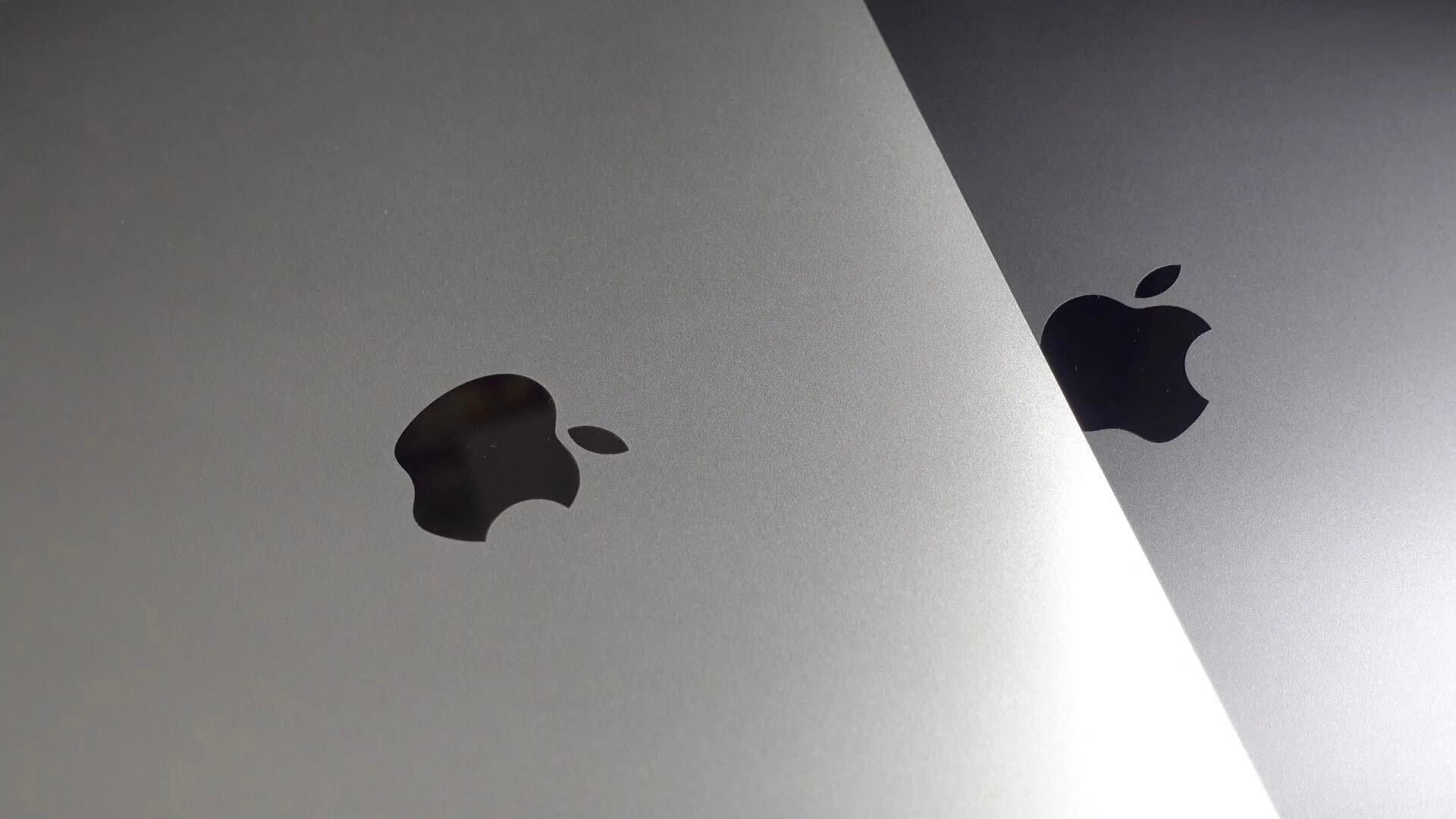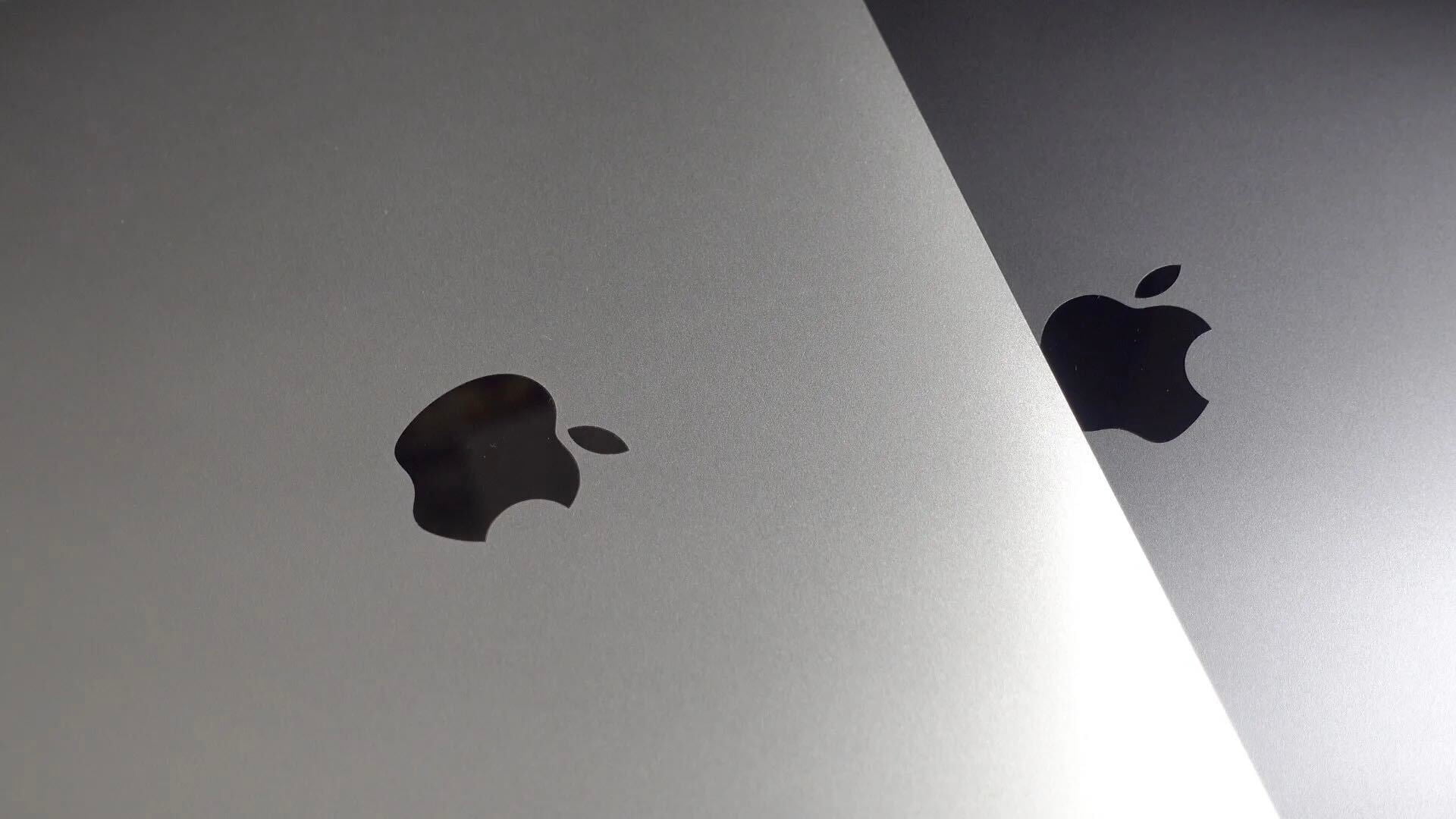Yesterday, law firm Hagens Berman filed a lawsuit in a California U.S. District Court against Apple Inc. related to “gesture recognition technology for touchscreens” covered in patents owned by Flatworld Interactives. The company, which originally developed its technology for museum exhibits in the 1990s, is seeking an “injunction enjoining Apple from continued infringement, and an award of damages to compensate Flatworld” for the millions of iOS devices and MacBooks using its technology.
Flatworld Interactives, LLC received U.S. Patent No. RE 43,318, which includes claims to touch screen based systems that allow users to manipulate images using gestures, such as selecting an image by touching it, and flicking images off of the screen.
The full press release is below:
Hagens Berman: Lawsuit Claims Wide Range of Apple Devices Infringe Patents for Screen Manipulation
A lawsuit filed yesterday against Apple, Inc. (NASDAQ: AAPL) by the Hagens Berman law firm claims that the computing and consumer-products giant has built many of its most popular devices including the iPhone and iPad using intellectual property owned by a Villanova, Penn. company that developed gesture recognition technology for touchscreens in the mid-1990s.
Flatworld Interactives, LLC received U.S. Patent No. RE 43,318, which includes claims to touch screen based systems that allow users to manipulate images using gestures, such as selecting an image by touching it, and flicking images off of the screen.
The company designed touchscreen systems originally for use in video displays for museums and other exhibit applications.
Hagens Berman’s lawsuit was filed on Flatworld’s behalf in the United States District Court for the Northern District of California. It alleges that numerous best-selling Apple devices, including the iPhone, iPad, iPod Touch, iPod Nano, MacBook Pro and MacBook Air infringe the patent. The complaint also alleges that Apple knew about the patent but continued to sell the infringing products.
“Reading Flatworld’s patent is like reading the description of gesture recognition features of any of the accused products on Apple’s website,” said Steve Berman, Hagens Berman’s managing partner. “It is clear that Flatworld owns technology that Apple has used to drive billions of dollars in infringing sales.”
Flatworld was founded by Dr. Slavko Milekic, a Professor of Cognitive Science & Digital Design at the University of the Arts in Philadelphia, Penn. Professor Milekic first developed gesture recognition touch screens for use by children as an easier and more intuitive means of interacting with a computer.
The lawsuit seeks a ruling from the court affirming that Apple has infringed the patent, an injunction enjoining Apple from continued infringement, and an award of damages to compensate Flatworld.
More information about this case is available at www.hbsslaw.com/Flatworld.



